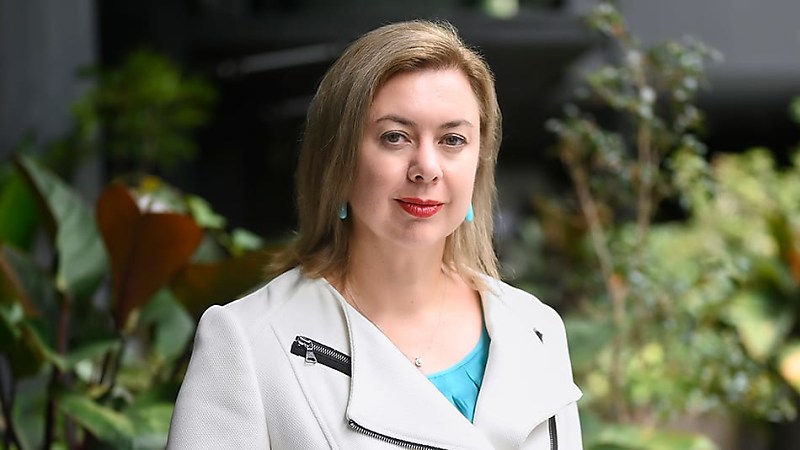FAAA welcomes consultation on financial adviser education standards reform
The Financial Advice Association Australia (FAAA) said the Treasury’s opening of a consultation period on the proposed experience pathway legislation gives much-needed clarity to advisers who have been counting on this change to support their goals to continue advising clients beyond 2026.
Sarah Abood, CEO of the FAAA, said the association believes that relevant experience is an important element to maintaining the required standard for professional, quality financial advice that will provide the best outcome for Australians.
“That said, we continue to feel strongly that there should be a time limit on the pathway such that a relatively young adviser does not continue to practice indefinitely without relevant qualifications,” she said.
“We have had a lot of engagement from members on the experience pathway proposal. We will be consulting with members intensively again on these detailed proposals in coming weeks, to finalise our submission.
“We are very pleased to see the proposals to increase the flexibility around approving relevant qualifications for new entrants. We have raised many instances where small course changes (in some cases as little as a unit name or number change) have led to qualifications being disallowed which do not fit the exact language of the relevant determination. This is extremely disheartening for students who have successfully completed these courses, and we are hopeful that more sensible flexibility will now be available.
“The FAAA will continue working closely with the government to help make financial advice more affordable and accessible to Australian consumers, as well as providing clarity and appropriate flexibility to financial advisers about their education requirements.”
Since 2019, more than 10,000 financial advisers have left the industry in response to new standards.
Many were unsuited to the requirements of the new industry, which include professional qualification. However, this has pushed some experienced advisers, with no history of misconduct, out of the industry, reducing access to advice.
The draft legislation will deem an adviser to have met the education requirements if they have 10 years (cumulative) experience providing advice between 1 January 2007 and 31 December 2021; and have not recorded any disciplinary action on the Financial Advisers Register before 31 December 2021.
To be considered an experienced adviser, the adviser must still pass the financial adviser exam.
Feedback has also highlighted that some individuals currently fail to meet the education standards for purely technical reasons, despite completing the substance of an approved degree.
The legislation would address this by increasing the flexibility of the degree approval process, by allowing domestic qualification applications to the Minister and the ability for education providers to confirm that a person has completed the requirements in an approved degree.
Treasury will commence further engagement with industry shortly and encourage interested parties to provide feedback on the draft legislation before 3 May 2023.








